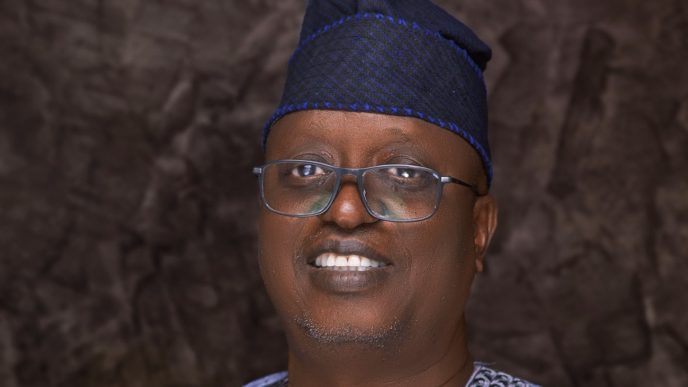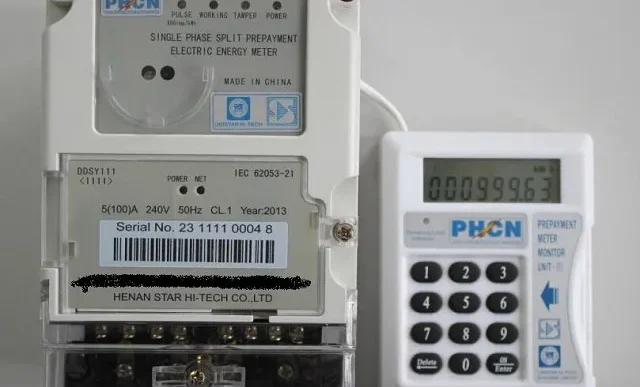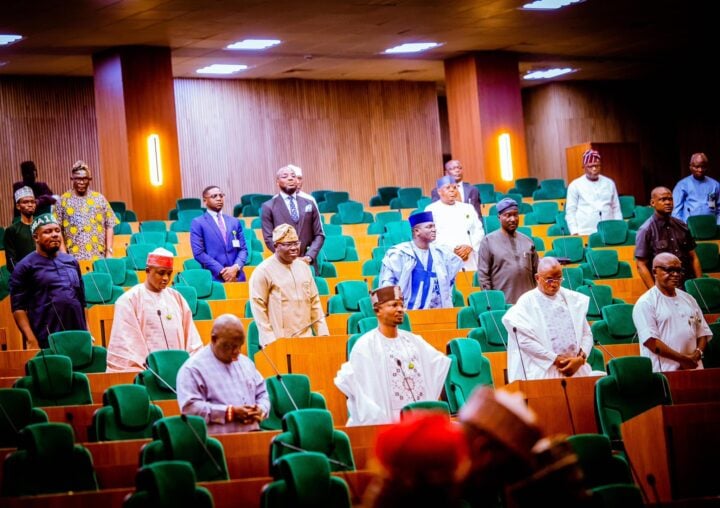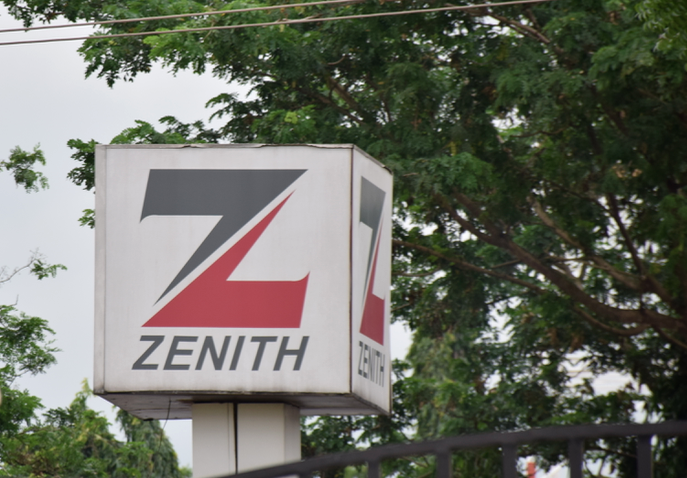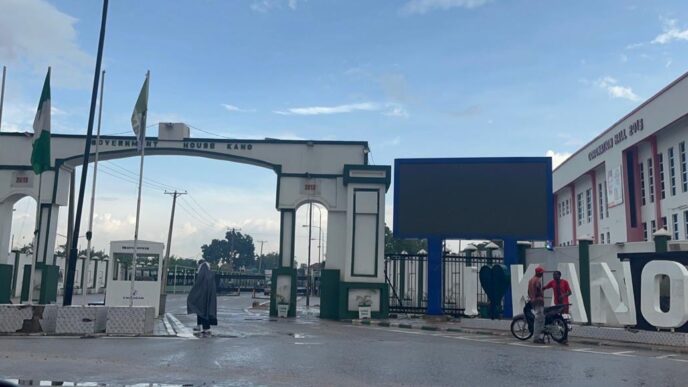Karl Toriola, chief executive officer (CEO) of MTN Nigeria, says banks might be disconnected from the unstructured supplementary service data (USSD) platform due to debt arising from the use of the quick codes by their customers.
USSD, also known as quick or feature codes, is a global system for mobile communications (GSM) protocol that is used to send text messages and initiate financial transactions such as cash transfers, balance inquiries, payments for services and others.
In 2019, telecommunication companies (telcos) said they could no longer provide the services for free and proposed to take a cut of N4.50k per 20 seconds from the charges paid by customers to the banks.
However, banks kicked against it, alleging that it would raise costs by 450 percent.
Advertisement
On March 12, 2021, telecom operators said they would suspend the USSD service over N42 billion accumulated debt by banks — a move halted by Isa Pantami, former minister of communications and digital economy.
Mobile network operators (MNOs) and deposit money banks (DMBs) eventually agreed on March 16, 2021, to adjust the charge on customers to N6.98k for each USSD transaction.
On November 16, the debt according to telcos had risen to N200 billion.
Advertisement
The debt has increased to N250 billion, according to Gbolahan Awonuga, the executive secretary of the Association of Licensed Telecommunication Operators of Nigeria (ALTON).
Speaking to journalists on Monday in Lagos, Toriola said mobile network operators (MNOs) might, subject to regulatory approval, suspend supporting the use of the service on the network for banking operations, as the debt had continued to pile up and was becoming unsustainable to the operators.
He expressed optimism that Olayemi Cardoso, the governor of the Central Bank of Nigeria (CBN) and Aminu Maida, the executive vice chairman, the Nigerian Communications Commission (NCC), would resolve the impasse soon.
However, Toriola said if it is not resolved, the “operators would be compelled to seek regulatory approval to discontinue allowing commercial banks to run transactions on the platform”.
Advertisement
‘INDUSTRY IN DIRE SITUATION’
Toriola said if the government refuses to accede to telcos’ demands for tariff adjustment to reflect the realities of the economy, there will be dire consequences.
According to the CEO, the telecom sector is lying critically ill in the intensive care unit (ICU) and may die if the appropriate therapy is not applied to it.
“MTN and the entire industry are in a dire situation. MTN is loss-making because of naira devaluation,” Toriola said.
Advertisement
“The fundamentals need to change. Tariffs have to be changed. Inflation has continued to go up, affecting the prices of commodities, including foodstuffs and services.”
He added that the complete deregulation of the downstream oil sector has seen the pump price of petrol rise to over N1,000 in the country.
Advertisement
Similarly, Toriola said electricity tariff have skyrocketed with the removal of electricity subsidy and the grouping of customers into bands by the power distribution companies (DisCos).
‘IF OUR TARIFF DOESN’T GO UP, WE’LL SHUT DOWN’
Advertisement
Toriola said the company might shut down if the government does not approve the tariff adjustment requested by the network providers.
“There should be no delusion, if the tariff doesn’t go up we will shut down,” he said.
Advertisement
Toriola said the base transceiver stations (BTS) of the MNOs are powered by diesel and gas in the absence of a dependable power supply from the national grid.
According to the CEO, MTN was one of the highest payers of corporate income tax to the Federal Inland Revenue Service (FIRS), however, the company has gone down to zero since the telco has stopped making profit.
He said the company has been surviving because it is spending its savings and the industry is living on borrowed time.
“We must return the industry to profitability,” the CEO said.
Speaking further, Toriola said despite the challenges the industry is facing now, it has transformed the country as it has been an enabler to other sectors.
He warned that the industry should not be allowed to toe the ignoble path of NITEL.
Toriola also said the Global System for Mobile Communications Association (GSMA), a non-profit industry organisation that represents the interests of MNOs globally and hardly speaks to tariff issues, has called for tariff adjustment for sustainability.


